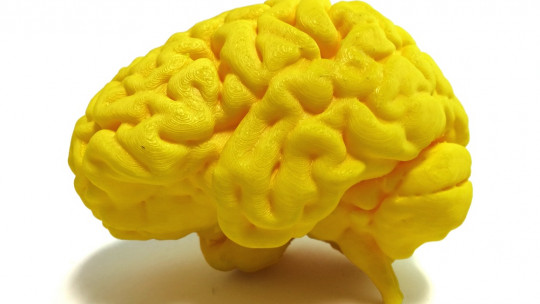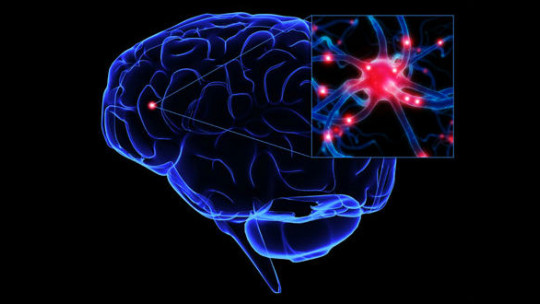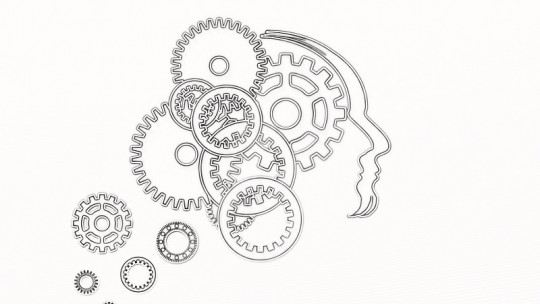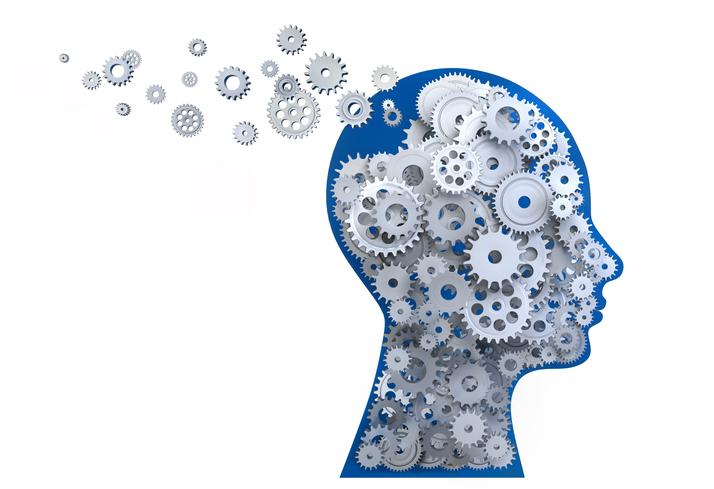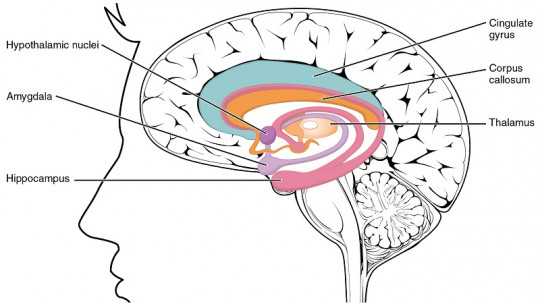
From the psychology in charge of studying how we think, how we make decisions and how we seek explanations for what we perceive, it is often said that human beings try to make ideas fit together until we reach a coherent whole that leaves no room for ambiguity or confusion. contradiction.
This is what, for example, studies on the Forer Effect or the confirmation bias However, when it comes to our way of remembering things, this system of coherently organizing reality goes much further than that: it tries to work not only with ideas, but also with emotions. This is what the studies of the famous cognitive psychologist suggest. Gordon H. Bower
Memories and emotions
In the seventies, Bower conducted research on our way of storing and evoking memories depending on our mood She asked a series of people to memorize lists of words by going through different moods. Then, she observed their differences in remembering these words, while also going through various moods.
This way found a tendency to remember memorized elements more easily in a state of mind similar to the one we have at the moment of recalling them When we are sad, we will more easily evoke ideas or experiences that were stored in our memory when we were sad, and the same thing happens with other states of mind.
In the same way, our mood will affect when we select what we keep in memory: what information will be most important for its later recovery. Thus, being in a good mood we will pay more attention to the things that we value as positive, and these memories will be the ones that are most easily evoked later. Bower called this whole phenomenon “mood-congruent processing “, or “mood-congruent processing.”
The trace in memory
In short, someone could say that we tend to evoke memories that do not contradict what we are thinking or perceiving at a given moment… And yet, this would be an incomplete explanation, because it does not go beyond explaining that coherence that It has to do with the logical structuring of ideas, the rational.
The works of Gordon H. Bower tell us about a type of coherence that delves into the realm of emotions. The emotional state definitely leaves its mark on memory

